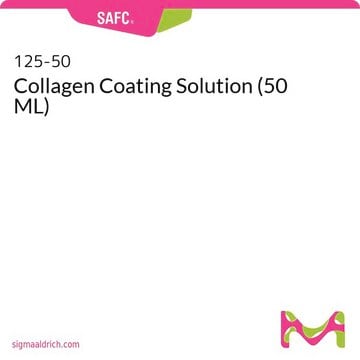C-12211
Human Dermal Blood Endothelial Cells (HDBEC)
Juvenile foreskin, 500,000 cryopreserved cells
About This Item
Recommended Products
biological source
human foreskin (juvenile dermis)
packaging
pkg of 500,000 cells
morphology
( endothelial)
technique(s)
cell culture | mammalian: suitable
shipped in
dry ice
storage temp.
−196°C
General description
Cell Line Origin
Application
Quality
Warning
Subculture Routine
Other Notes
Recommended products
Disclaimer
Storage Class Code
12 - Non Combustible Liquids
WGK
WGK 1
Flash Point(F)
Not applicable
Flash Point(C)
Not applicable
Certificates of Analysis (COA)
Search for Certificates of Analysis (COA) by entering the products Lot/Batch Number. Lot and Batch Numbers can be found on a product’s label following the words ‘Lot’ or ‘Batch’.
Already Own This Product?
Find documentation for the products that you have recently purchased in the Document Library.
Protocols
Cell culture protocol: the endothelial cell transwell migration and invasion assay used to study angiogenesis and cancer cell metastasis. Explore over 350 PromoCell products.
Cell culture protocol: the endothelial cell transwell migration and invasion assay used to study angiogenesis and cancer cell metastasis. Explore over 350 PromoCell products.
Cell culture protocol: the endothelial cell transwell migration and invasion assay used to study angiogenesis and cancer cell metastasis. Explore over 350 PromoCell products.
Cell culture protocol: the endothelial cell transwell migration and invasion assay used to study angiogenesis and cancer cell metastasis. Explore over 350 PromoCell products.
Related Content
Cell culture protocol: the endothelial tube formation assay to study angiogenesis using HUVECs and other endothelial cell types. Explore over 350 PromoCell products.
Our team of scientists has experience in all areas of research including Life Science, Material Science, Chemical Synthesis, Chromatography, Analytical and many others.
Contact Technical Service







